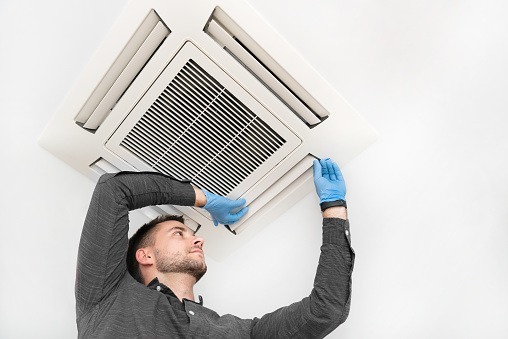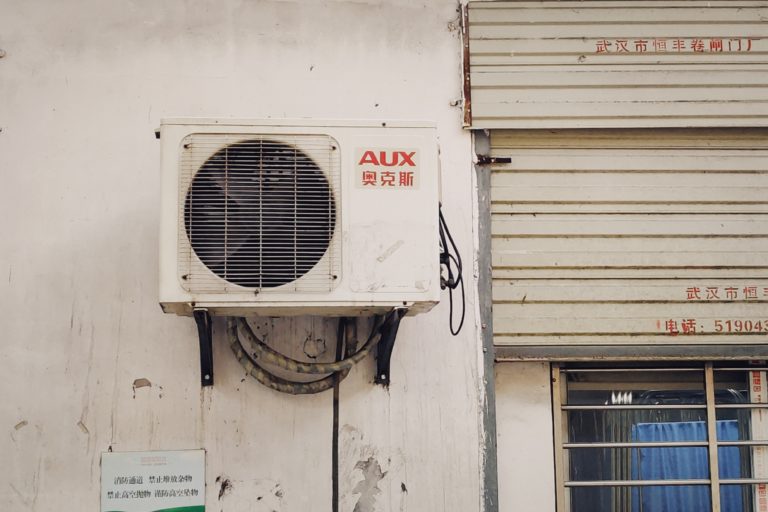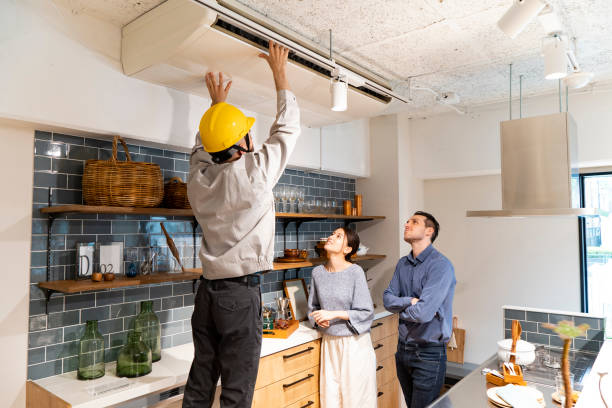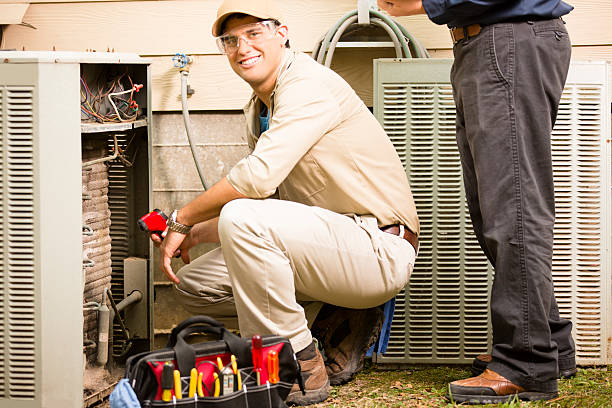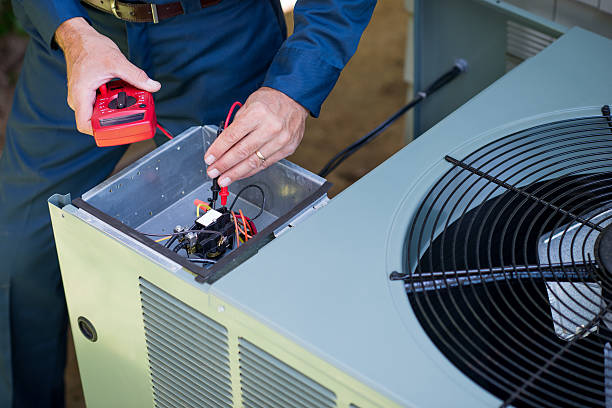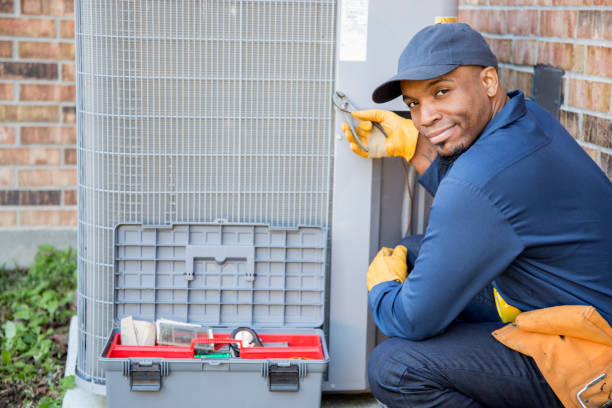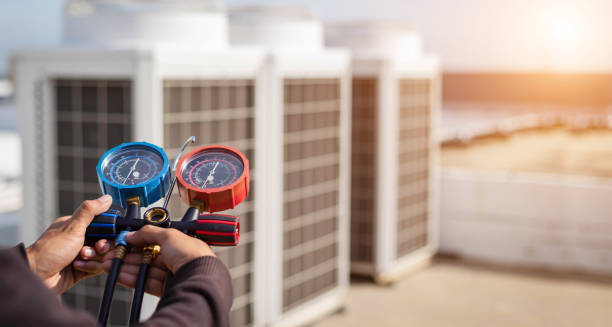How Often Air Filters Should Be Replaced?
Introduction:
How Often Air Filters Should Be Replaced?…Indoor air quality plays a crucial role in maintaining a healthy and comfortable living environment. One often overlooked aspect of this is the regular replacement of air filters in HVAC systems. In this article, we will explore the importance of air filters, the factors influencing their replacement frequency, and provide practical guidelines for ensuring optimal indoor air quality.
Understanding the Role of Air Filters
Air filters are an integral component of heating, ventilation, and air conditioning (HVAC) systems. Their primary function is to trap and remove airborne particles such as dust, pollen, pet dander, and other contaminants. By doing so, they prevent these particles from circulating throughout the indoor space, contributing to improved air quality and a healthier living environment.
Factors Influencing Replacement Frequency
a) Type of Filter:
Different air filters come with varying levels of efficiency and durability. Standard fiberglass filters, for example, may need more frequent replacement compared to high-efficiency particulate air (HEPA) filters. Understanding the specific type of filter in use is essential in determining the replacement schedule.
b) Environmental Factors:
The environment in which a property is located greatly influences the rate at which air filters become clogged. Homes situated in areas with high pollen levels or increased dust and pollution may require more frequent filter replacements to ensure optimal performance.
c) Occupancy and Lifestyle:
The number of occupants in a household and their lifestyle habits also impact the frequency of air filter replacements. Homes with pets, smokers, or individuals with respiratory conditions may need more regular filter changes to accommodate the higher levels of airborne particles.
More About – AC Filters
Signs that It’s Time to Replace Your Air Filter
a) Reduced Airflow:
One of the most noticeable signs that an air filter needs replacement is a decrease in airflow. A clogged filter restricts the passage of air, making the HVAC system work harder and potentially leading to reduced efficiency.
b) Increased Energy Consumption:
A clogged filter forces the HVAC system to operate with greater effort, resulting in increased energy consumption. Regularly replacing air filters can help maintain energy efficiency and lower utility costs.
c) Visible Debris:
Inspecting the air filter for visible debris is a straightforward way to assess its condition. If the filter appears dirty or discolored, it’s likely time for a replacement.
Recommended Replacement Intervals
While there is no one-size-fits-all answer to how often air filters should be replaced, a general guideline is to inspect them monthly and replace them every three months. However, this frequency can vary based on the factors mentioned earlier. It’s advisable to check the manufacturer’s recommendations for the specific type of filter in use and adjust the replacement schedule accordingly.
Benefits of Regular Air Filter Replacement
a) Improved Air Quality:
Regularly replacing air filters ensures that the HVAC system operates efficiently, effectively removing airborne particles and contributing to improved indoor air quality.
b) Extended HVAC System Lifespan:
Maintaining clean air filters reduces the workload on the HVAC system, leading to less wear and tear. This, in turn, can extend the lifespan of the system and reduce the likelihood of costly repairs.
c) Energy Savings:
A clean air filter allows the HVAC system to operate more efficiently, resulting in energy savings. This not only benefits the environment but also reduces utility costs for homeowners.
DIY Air Filter Replacement Steps
Now that we’ve discussed the importance of regular air filter replacement, let’s delve into the practical steps for a do-it-yourself (DIY) filter replacement. This simple task can be performed by homeowners without the need for professional assistance.
a) Locate the Air Filter:
Identify the location of the air filter in your HVAC system. Common locations include the return air grille or the air handler/furnace unit.
b) Turn Off the HVAC System:
For safety, turn off the HVAC system before attempting to replace the air filter. This prevents the system from pulling in more debris during the replacement process.
c) Determine the Filter Size:
Note the size of your existing filter. The size is typically printed on the frame or can be found in the HVAC system’s user manual. Ensure you purchase a replacement filter with the correct dimensions.
d) Remove the Old Filter:
Carefully slide out the old filter from its slot. Take note of the direction of airflow indicated on the filter frame; this should guide you when placing the new filter.
e) Inspect the Filter Slot:
While the filter is removed, take a moment to inspect the filter slot for any accumulated debris. Clean the area if necessary to ensure optimal airflow.
f) Install the New Filter:
Slide the new filter into place, following the direction of airflow indicated on the frame. Ensure the filter fits snugly within the slot.
g) Turn On the HVAC System:
Once the new filter is securely in place, turn the HVAC system back on. Monitor the system for any unusual sounds or issues that might indicate a problem with the installation.
Additional Tips for Maintaining Indoor Air Quality
a) Regular Duct Cleaning:
In addition to changing air filters, consider scheduling periodic duct cleaning. Dust and debris can accumulate in the ducts over time, contributing to poor indoor air quality.
b) Invest in an Air Purifier:
For an extra layer of protection, consider using an air purifier. These devices are designed to capture smaller particles that may escape standard air filters.
c) Monitor Humidity Levels:
Maintaining appropriate humidity levels in your home (ideally between 30% and 50%) can help prevent the growth of mold and dust mites, contributing to better indoor air quality.
d) Schedule Professional HVAC Maintenance:
While DIY filter replacement is essential, it’s also advisable to schedule professional HVAC maintenance annually. This ensures that the entire system is functioning optimally.
Conclusion:
By following these practical steps and incorporating additional tips for maintaining indoor air quality, homeowners can create a comprehensive strategy for a healthier living environment. Regular air filter replacement, combined with other preventive measures, contributes not only to cleaner air but also to the overall efficiency and longevity of the HVAC system. Taking a proactive approach to indoor air quality ensures a comfortable and safe home for you and your family.

